Researchers have developed a genetic test that can identify how patients with triple negative early-stage breast cancer will respond to immunotherapy drugs. This means that patients who are unlikely to respond to these drugs can avoid the adverse side effects associated with them and can be treated with other therapies.
Genetic test identifies patients with triple negative breast cancer who are unlikely to respond to immunotherapiesProfessor Laura van 't Veer presented latest results from the I-SPY2 phase 2 clinical trial at the 14th European Breast Cancer Conference in Milan. Researchers have developed a genetic test that identifies patients with triple negative breast cancer who are unlikely to respond to immunotherapies.
The I-SPY2 trial was established in 2010 to find ways to screen new anti-cancer drugs and match them to specific biological markers in patients with breast cancer at high risk of early recurrence. Researchers developed an immune classifier, called ImPrint, composed of 53 genes, which can be used in the clinic to predict the likelihood of a patient responding to immunotherapies by looking at the biology of the patient's tumor.
"However, we noticed that the performance of ImPrint for triple negative breast cancers, where immune oncology drugs are now standard of care, was not yet good enough to identify patients in whom a 'likely response' to immunotherapy was so low that harm from serious side-effects would be higher than the benefit.
Patients in the immunotherapy arms had been divided equally into two sets: a training and a test set, and the sets were also balanced so as to have an equal number of"responders" and"non-responders." "The likelihood of an immunotherapy drug response for triple negative cancers that are ImPrint-positive, remains very high at 74%, while among patients that ImPrintTN identified as likely 'non-responders' the pCR rates for immunotherapy are now very low at 16%—low enough for the harm from immunotherapy drugs to outbalance the benefit in these patients," said Prof. van 't Veer.
United Kingdom Latest News, United Kingdom Headlines
Similar News:You can also read news stories similar to this one that we have collected from other news sources.
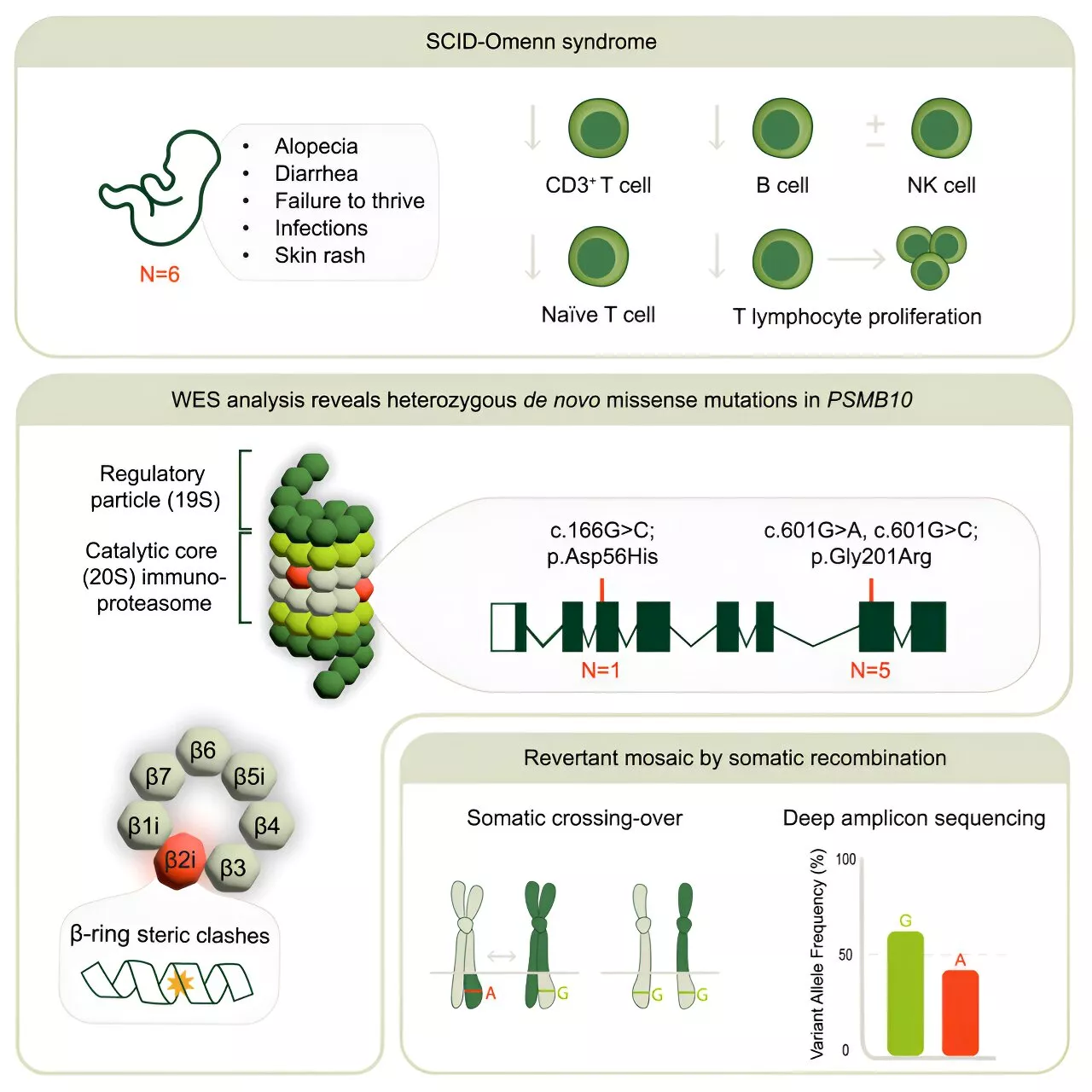 Researchers find new genetic cause of severe combined immune deficiency diseaseResearchers from Nijmegen and Newcastle have discovered a new genetic mutation leading to severe combined immune deficiency disorder (SCID). It's the first time a mutation in the proteasome, a molecular shredder, has been linked to this serious disease.
Researchers find new genetic cause of severe combined immune deficiency diseaseResearchers from Nijmegen and Newcastle have discovered a new genetic mutation leading to severe combined immune deficiency disorder (SCID). It's the first time a mutation in the proteasome, a molecular shredder, has been linked to this serious disease.
Read more »
 Study shows AI tool's high accuracy in answering genetic counseling questionsAn artificial intelligence tool correctly answered 83 percent of common genetic counseling questions, including those about genetic testing and genetic syndromes, a new study found.
Study shows AI tool's high accuracy in answering genetic counseling questionsAn artificial intelligence tool correctly answered 83 percent of common genetic counseling questions, including those about genetic testing and genetic syndromes, a new study found.
Read more »
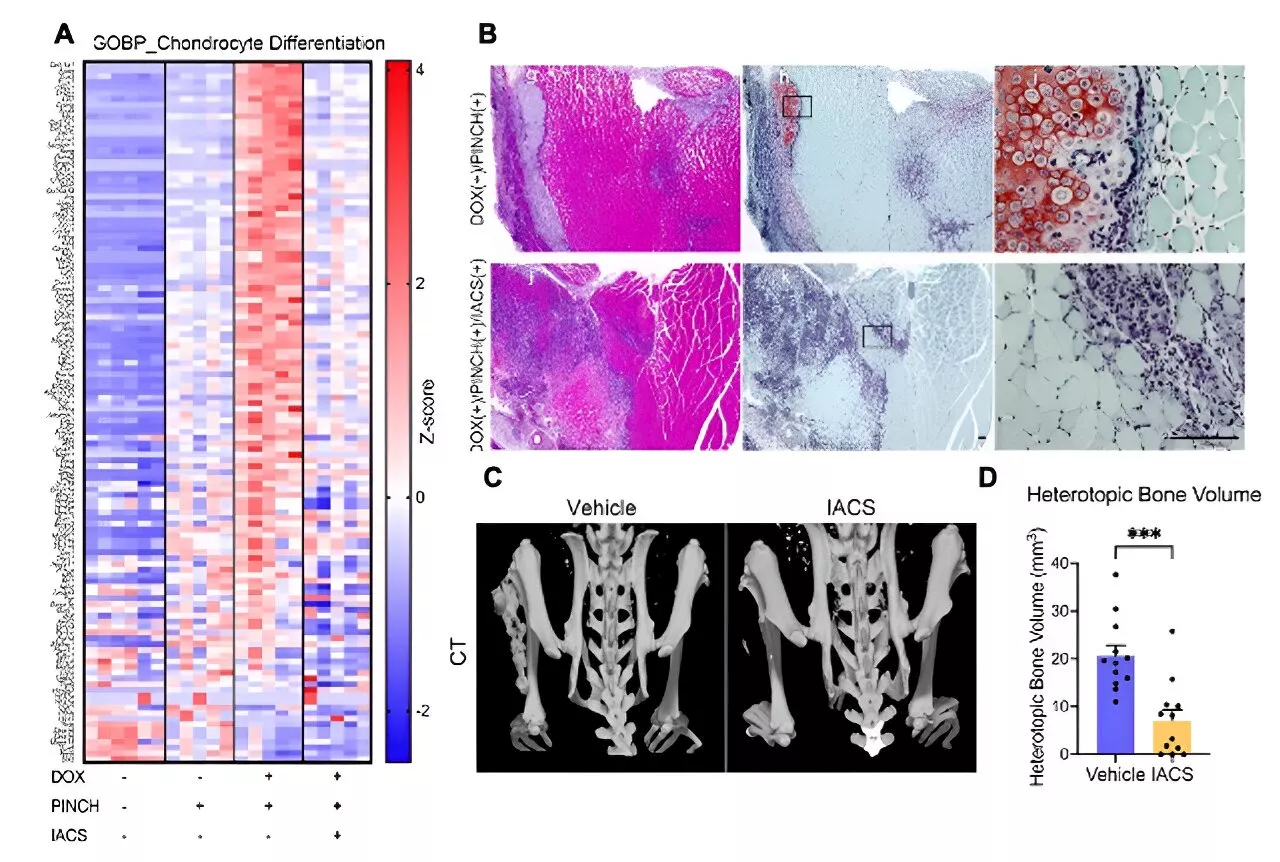 Inhibition of Oxidative Phosphorylation: Potential Treatment for Genetic DiseaseResearchers have discovered that inhibiting oxidative phosphorylation could lead to a new potential treatment for an intractable genetic disease. This finding opens up possibilities for developing targeted therapies to improve patient outcomes.
Inhibition of Oxidative Phosphorylation: Potential Treatment for Genetic DiseaseResearchers have discovered that inhibiting oxidative phosphorylation could lead to a new potential treatment for an intractable genetic disease. This finding opens up possibilities for developing targeted therapies to improve patient outcomes.
Read more »
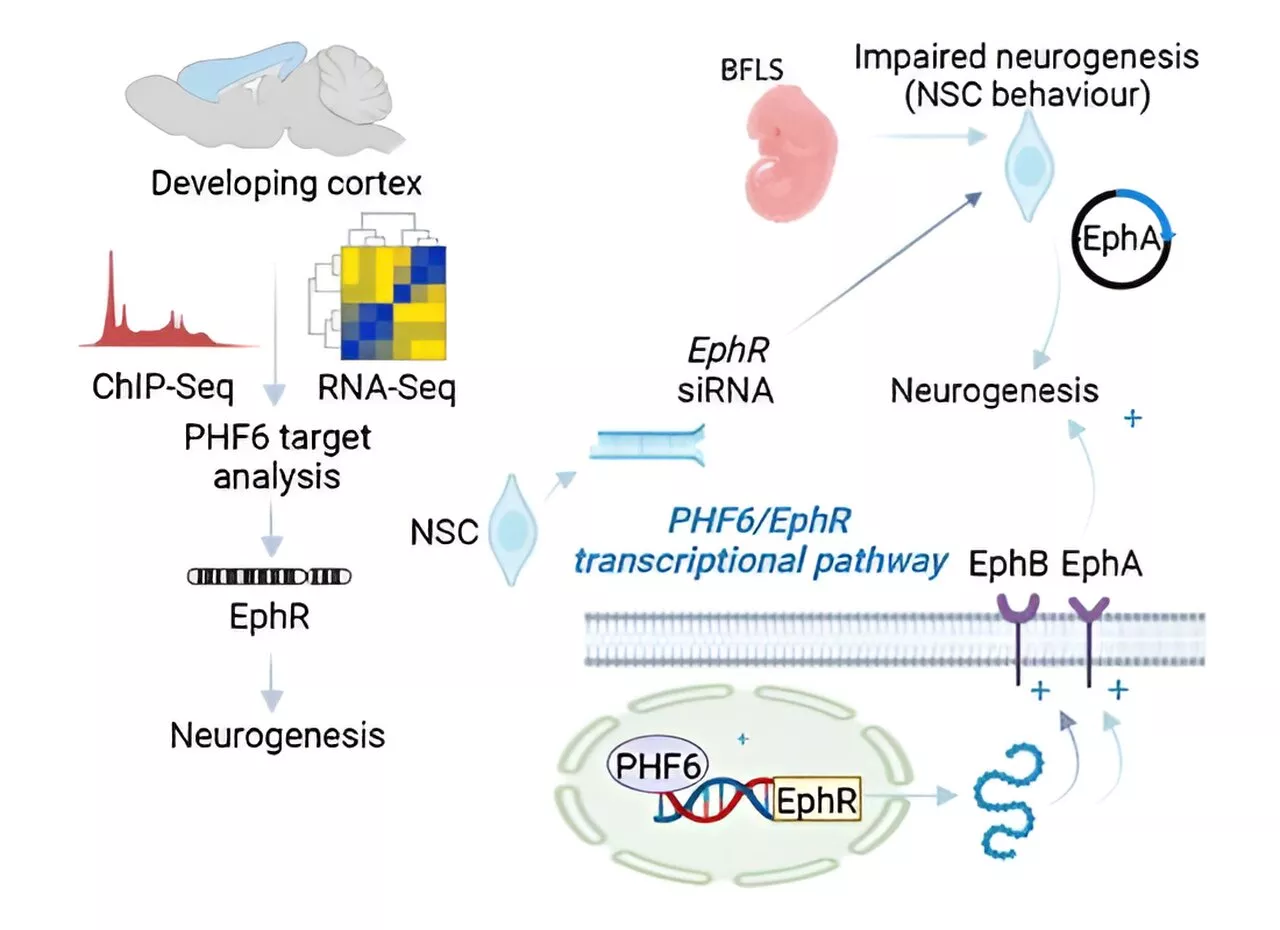 Shining a light on the genetic underpinnings of a rare disease impacting childrenA team from the University of Ottawa's Faculty of Medicine has completed a new study that reveals the inner workings of gene mutations that result in an ultra-rare syndrome with fewer than 100 reported cases since its first description in the early 1960s.
Shining a light on the genetic underpinnings of a rare disease impacting childrenA team from the University of Ottawa's Faculty of Medicine has completed a new study that reveals the inner workings of gene mutations that result in an ultra-rare syndrome with fewer than 100 reported cases since its first description in the early 1960s.
Read more »
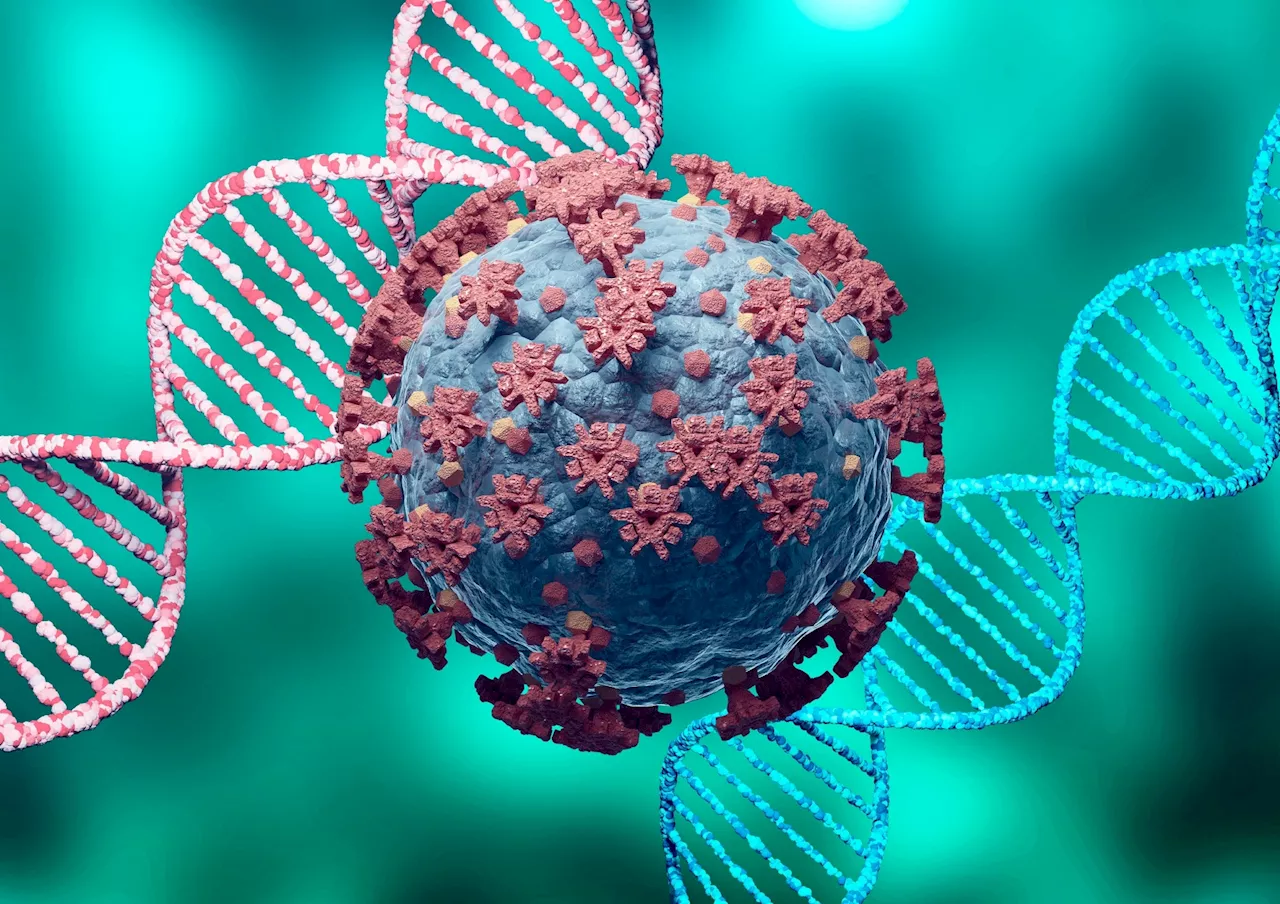 Genetic key to milder COVID: Certain genes slash severity and death risk in older menStudy found that certain genetic variants in the IL1RN gene significantly reduce COVID-19-related inflammation and mortality in patients, with notable improvements observed in older men carrying specific single-nucleotide variants.
Genetic key to milder COVID: Certain genes slash severity and death risk in older menStudy found that certain genetic variants in the IL1RN gene significantly reduce COVID-19-related inflammation and mortality in patients, with notable improvements observed in older men carrying specific single-nucleotide variants.
Read more »
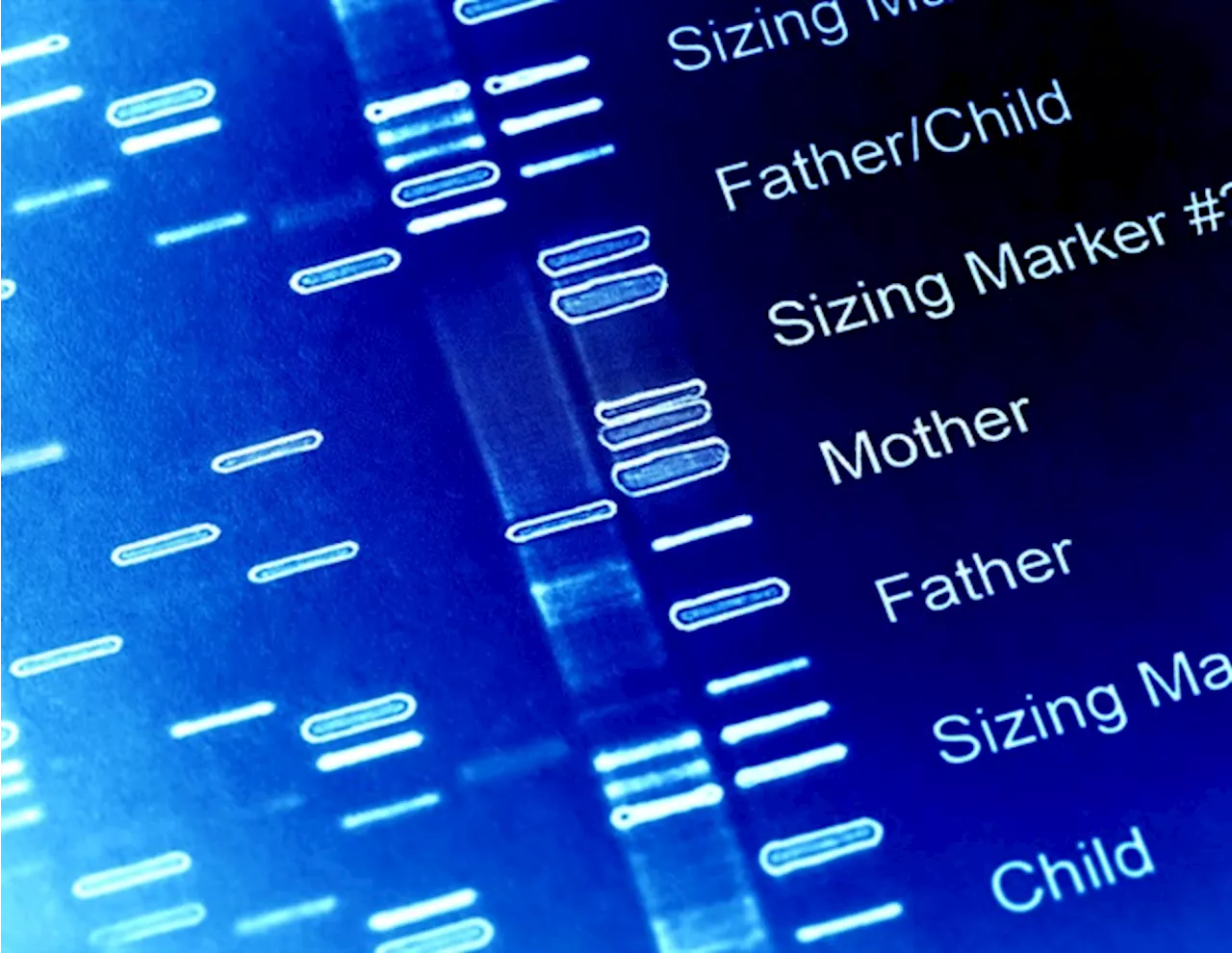 Discovering the on-switch for rare genetic inflammatory diseasesUniversity of Queensland researchers have discovered how the 'on-switch' for the body's inflammation machinery can get stuck and cause rare genetic inflammatory diseases.
Discovering the on-switch for rare genetic inflammatory diseasesUniversity of Queensland researchers have discovered how the 'on-switch' for the body's inflammation machinery can get stuck and cause rare genetic inflammatory diseases.
Read more »
